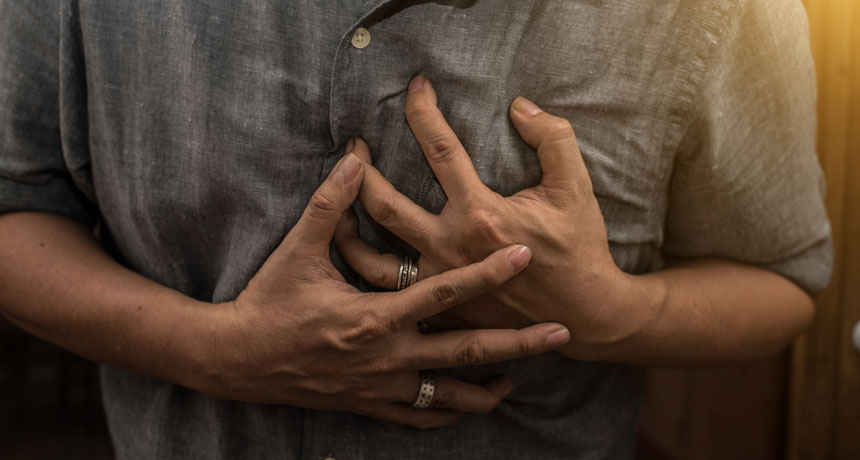U.S. heart attack mortality reached a two-decade low in 2014
The percentage of heart attack patients dying dropped from 20 percent in 1995 to 12.4 percent

COUNTER ATTACK An analysis of two decades of data from Medicare patients finds that fewer older adults are dying of heart attacks in the United States.
nhungboon/Shutterstock







